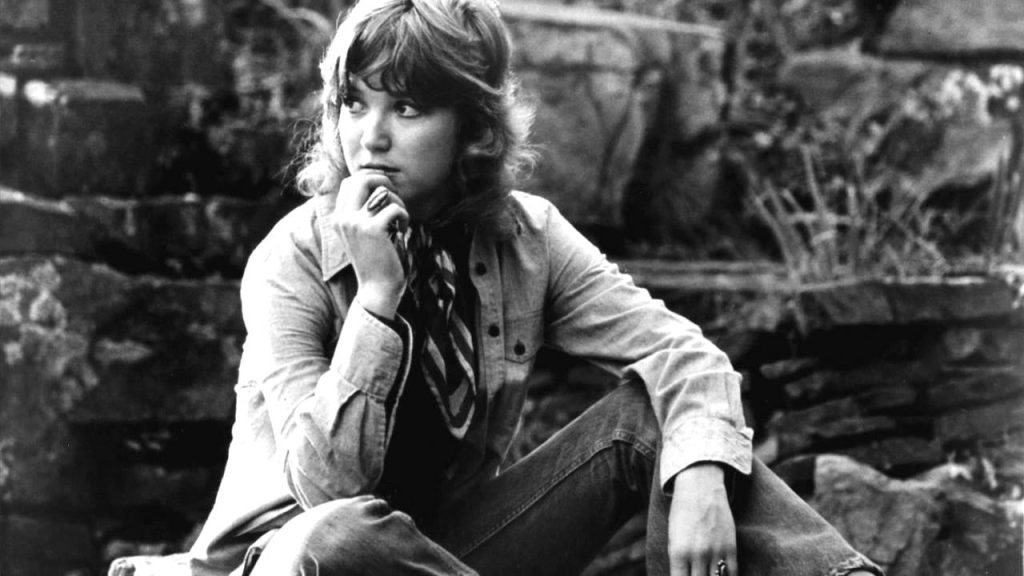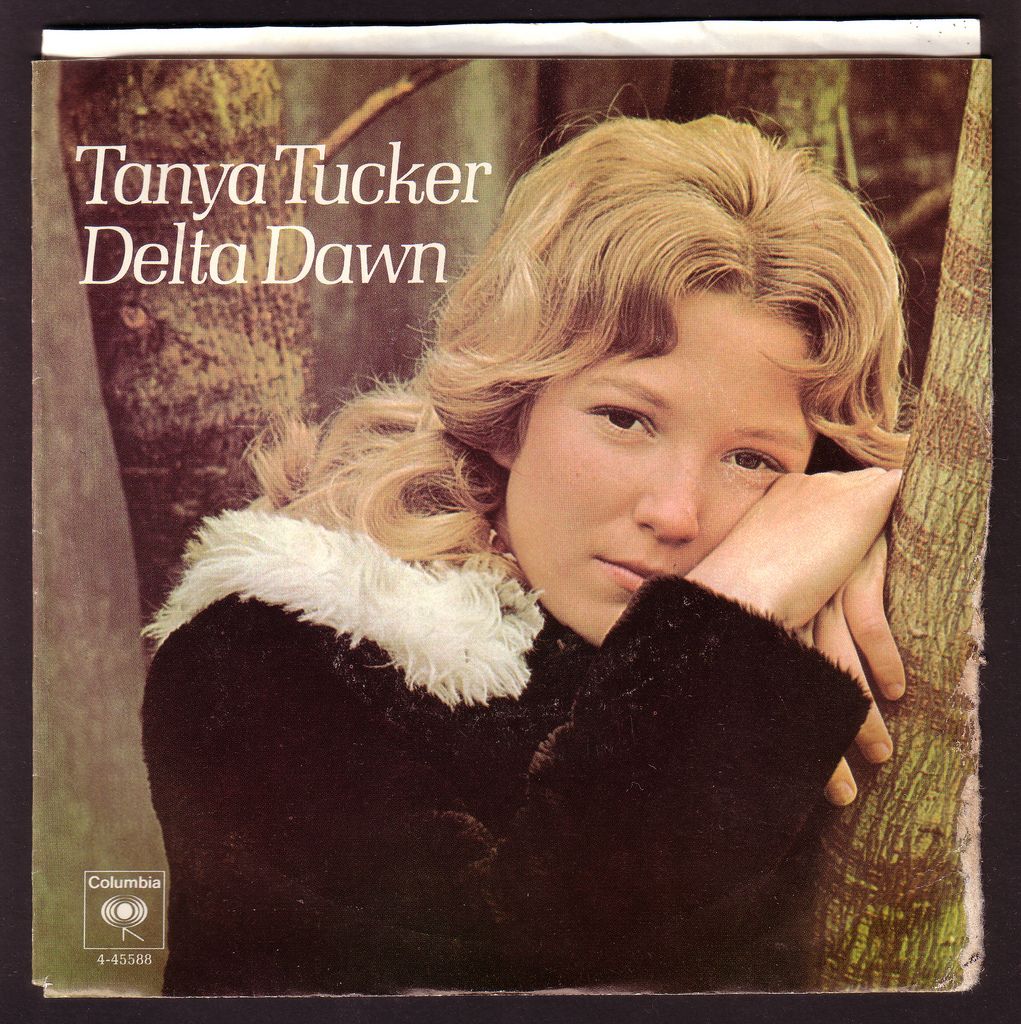
A Haunting Echo of Love and Loss
In the realm of classic country music, few songs resonate with the depth and emotional poignancy of “Delta Dawn” by Tanya Tucker. Released in 1972, this song quickly climbed the charts, capturing the hearts of many and solidifying Tanya Tucker’s place as a formidable talent in the music industry. At the tender age of 13, Tucker delivered a performance that was not only beyond her years but also left an indelible mark on the landscape of country music. Her rendition reached number six on the Billboard Hot Country Singles chart, a testament to its broad appeal and timeless quality.
The story behind “Delta Dawn” is as compelling as the song itself. Originally penned by Alex Harvey and Larry Collins, “Delta Dawn” tells the haunting tale of a faded Southern belle who wanders through her small town, waiting for her mysterious lover to return and take her away. There’s an air of melancholy that permeates the lyrics, painting a vivid picture of a woman trapped between the past’s promises and the harsh realities of her present. This evocative imagery strikes a chord with anyone who has experienced unfulfilled dreams or the pain of lost love.
What makes Tucker’s version particularly remarkable is her ability to convey such profound emotion at such a young age. Her voice carries an authenticity that belies her youth, imbuing every word with a sense of longing and nostalgia. It’s as if she channels the very essence of Delta Dawn herself—a woman who embodies both resilience and vulnerability. The way Tucker delivers lines like “Could it be a faded rose from days gone by?” evokes a sense of yearning that resonates deeply with listeners, especially those who have lived long enough to reflect on their own faded roses.
The success of “Delta Dawn” can also be attributed to its universal themes. The song taps into a collective consciousness, exploring ideas of love, loss, and longing that are universally understood across generations. For older listeners, it serves as a poignant reminder of times gone by, perhaps recalling memories of their own youthful romances or dreams that never quite came to fruition. The song’s narrative invites introspection, encouraging listeners to ponder their own stories of heartbreak and hope.
Tucker’s rendition of “Delta Dawn” is further enriched by its musical composition. The arrangement complements her powerful vocals perfectly, with its soulful melody and subtle instrumentation enhancing the emotional weight of the lyrics. The gentle strumming of guitars combined with Tucker’s commanding voice creates an atmosphere that’s both intimate and grand—a fitting backdrop for such an evocative story.
Beyond its immediate impact upon release, “Delta Dawn” has enjoyed enduring popularity over the decades. It has been covered by numerous artists across different genres, each bringing their unique interpretation while paying homage to Tucker’s iconic version. This lasting appeal speaks volumes about the song’s significance and its ability to transcend time.
Reflecting on “Delta Dawn,” one cannot help but be swept away by its haunting beauty. It’s a song that lingers in the heart long after it has played—an enduring reminder of love’s complexities and life’s unpredictability. For those who lived through its initial release, it may evoke nostalgic memories of simpler times or serve as a soundtrack to personal milestones. For newer generations discovering it today, it’s an introduction to a classic piece of musical storytelling that continues to captivate audiences with its timeless charm.
In essence, Tanya Tucker‘s “Delta Dawn” is more than just a song; it’s an emotional journey—a bittersweet ode to dreams deferred but never forgotten. Its legacy endures because it speaks to something profoundly human within us all: our capacity for hope amid heartache and our eternal quest for connection amid solitude. As long as there are stories left untold and emotions left unexplored, songs like “Delta Dawn” will continue to hold sway over our hearts and minds—a testament to their enduring power in our lives.
